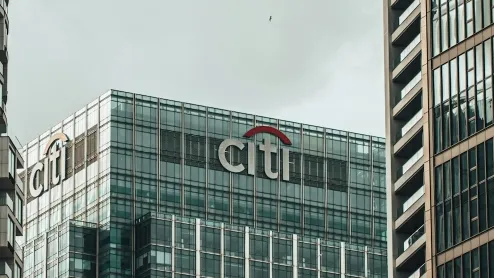Implication of NPC for Chinese banks: Sticks and carrots to force lendings to private firms in exchange for more capital
By Alicia Garcia Herrero and Gary NgDuring the 13th National People's Congress (NPC), Chinese Premier Li Keqiang presented the government work report. Whilst the market read the new growth target (6-6.5%) rather negatively, Premier Li Keqiang was very transparent about the difficulties in reaching this target and the fiscal and monetary expansion which will be needed to achieve them. Whilst a lot has been written about tax cuts as well as lowering the still high reserve requirement ratio (RRR), less has been commented on how banks will be affected by the measures announced during the NPC. Li Keqiang made a number of specific announcements on this front. a) lower funding costs for small-and-micro enterprises (SMEs); b) 30% growth in state-owned commercial banks’ lending to SMEs from negative growth in 2018; and c) extending the maturity of loans, especially for manufacturing firms.
The takeaway from the above measures is clear: under the current economic downturn, Chinese authorities will do whatever it takes to support the real economy. This includes improving the effectiveness of monetary transmission mechanism, which is not tilted in favor of state-owned companies.
Whilst the sticks the Chinese government imposing on banks to help in these difficult times are crystal clear, we should not forget that more subtle, but still important, carrots are also being waved around. This is definitely necessary as banks know there is a price to be paid for stretching the balance sheets, especially for the private sector. In fact, the ratio of problem loans is more than double for SMEs than for the rest. And the carrots come in different forms. First, banks are going to be allowed to issue perpetual bonds to improve their solvency ratios. Second, the People's Bank of China (PBoC) is ready to accept them as collateral for a new liquidity refinancing facility and, most importantly, to buy and hold such perpetual for as long as three years in exchange for central bank bills.
The PBoC’s readiness to help has clearly been welcomed by the market as shown by the very low financial cost in the first issuance of a perpetual bond under this new framework. In fact, Bank of China used the onshore bond market to issue a RMB40b perpetual bond on Jan 29 with a coupon rate of 4.5%, which equated to a spread of 136 bps above the 10-year Chinese sovereign yield. This is clearly a very low spread compared to other similarly rated global banks having issued their own perpetual bonds. As announced, the PBoC has kindly participated in steering the demand by swapping CNY1.5b (some 4% of total) of that issuance with central bank bills.
An additional carrot from the PBoC is the newly introduced targeted medium-term lending facility (TMLF), which offers cheaper liquidity for banks lending to small and private enterprises. More specifically, this new tool will provide long term funding for banks based on the growth of their loans for small and private firms. The interest on the one-year TMLF is currently 3.15%, 15bps lower than the normal medium-term lending facility.
Based on the very low cost of funding for the perpetual bond issued by the Bank of China, as well as the new tools introduced by the PBoC, it seems clear that the carrot is big for Chinese banks to help the leadership with the stimulus, no matter whether the additional credit to the private sector may worsen asset quality down the road.




















 Advertise
Advertise












